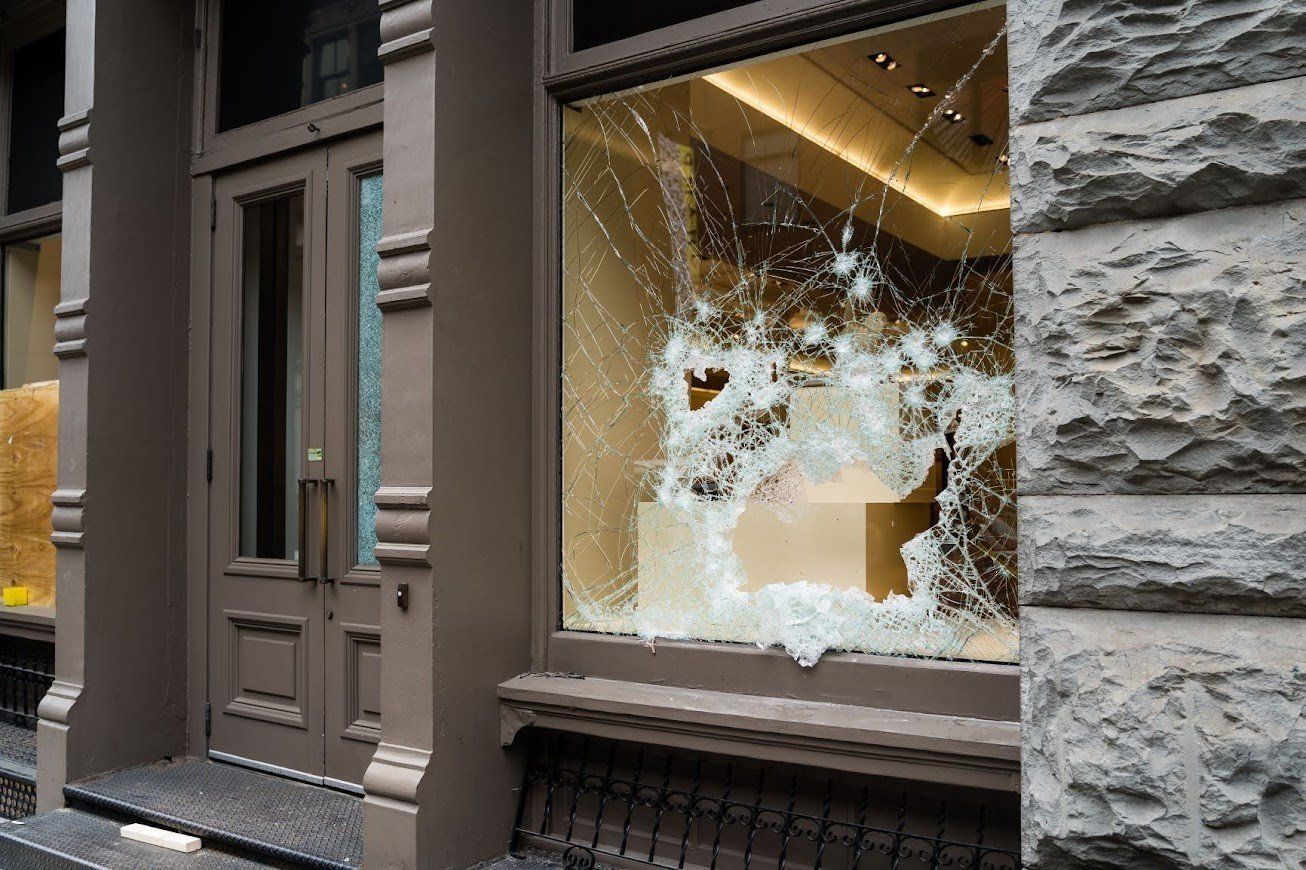
Despite the popularity of online shopping, many consumers continue to frequent brick-and-mortar retail chains or individually-owned stores. Unfortunately, these busy sites can prove vulnerable to retail theft, also referred to as shoplifting. Individuals accused of this crime in Wisconsin may receive both criminal and civil penalties.
If someone has charged you with retail theft, you need to learn about the various activities that merit such a charge, the potential consequences if a court finds you guilty, and what kinds of legal defenses might come to your rescue. Take a moment to acquaint yourself with the following questions and answers on the subject.
How Does Wisconsin Law Define Retail Theft?
Section 943.50 of the Wisconsin Legislative Code lays out the state's definition of retail theft. Actions that meet this definition include concealing, transferring, carrying away, or retaining possession of merchandise without paying for it. Altering an object's price tag or retail value also counts as retail theft.
Retail items and facilities regularly use anti-theft devices to protect their stock against shoplifters. If you remove an anti-theft device from a retail item without first purchasing that item, you may face retail theft charges. A related violation involves using a shielding device to prevent an anti-theft device from going off.
You might assume that retail theft requires the successful removal of a stolen item from a store. However, as you can see from some of the examples listed above, the authorities can charge you with retail theft even if you haven't actually absconded with the item in question.
What Penalties Can Retail Thieves Face?
Retail theft may count as either a misdemeanor or a felony depending on the goods' value. For instance, if the items involved total less than $500 in value, the court may charge you with a Class A misdemeanor. A total value of up to $5,000 counts as a Class I felony, while higher values may count as a Class H or G felony.
According to Wisconsin statutes, a Class A misdemeanor can mean nine months' imprisonment and/or a $10,000 fine. A Class I felony may carry penalties of $10,000 and/or 3.5 years in prison. The potential prison term rises to six years for a Class H felony, while a Class G felony can lead to a $25,000 fine and/or 10 years imprisonment.
As if the looming prospect of imprisonment and substantial criminal fines didn't provide a sufficient deterrent, Wisconsin law gives merchants allegedly victimized by retail theft the right to sue the accused person for damages. These damages may include the retail value of the items, attorney's fees, and punitive damages.
You might receive a civil demand letter from the merchant as a prelude to the filing of a civil lawsuit. This letter typically demands that you pay a certain amount of compensation as an alternative to going to court. You may even get such a letter demanding a smaller amount if your minor child stands accused of retail theft.
How Do Attorneys Defend Against Retail Theft Charges?
Your attorney may find it challenging to defend you against a retail theft charge if the prosecution has access to store video or other hard evidence of such activity. However, in many cases, such evidence proves incomplete or nonexistent. Even if it does seem to indicate guilt, your attorney may manage to present a successful defense.
The question of intent plays a crucial role in determining innocence or guilt in retail theft cases. People can and do hold, conceal, or carry out store items through sheer absentmindedness. Since the prosecution holds the burden of proof that you acted intentionally, your attorney may show that they failed to prove this key point.
Clothing stores that provide changing rooms offer many opportunities for innocent mistakes. For instance, you might try on a T-shirt, then forget to remove it before putting your own shirt back on over it. In such a case, you had no intent either to conceal or to walk out with the merchandise, even if you made both errors.
Retail theft cases that don't involve video evidence may rely heavily on the testimony of eyewitnesses. However, eyewitnesses can confuse one shopper with another or even have a personal grudge against the accused shopper. A skilled attorney may find ways to reveal inconsistencies or prejudices during cross-examination.
While this strategy may completely discredit the eyewitness, enough credibility may remain to make the case's outcome uncertain. Even so, the prosecuting attorney may feel sufficiently unsure about the verdict to discuss a plea bargain with your legal team, potentially leading to a reduced charge or penalty.
If you face retail theft charges, you should seek skilled legal counsel from a law firm experienced in these kinds of cases. The experts at Cohen Law Offices can review your case in detail, help you understand your legal options, and help you defend yourself against the charges as effectively as possible.
Contact us for a consultation.
When Results Matter Most, Call Cohen Law First.
We’re not just any law firm — we’re
Northwest Wisconsin’s trusted criminal defense powerhouse. At Cohen Law Office, criminal defense isn’t one thing we do — it’s
the only thing we do.
Focused on YOU. Fighting for YOU. Always.
Need Help After Hours? We've Got Your Back.
If you're reaching out outside of our regular business hours,
don’t worry — just
click here, and one of our dedicated team members will get in touch with you as soon as possible.

